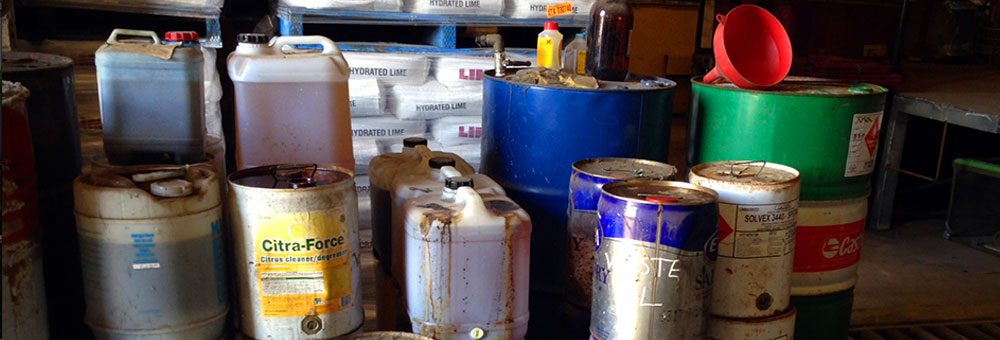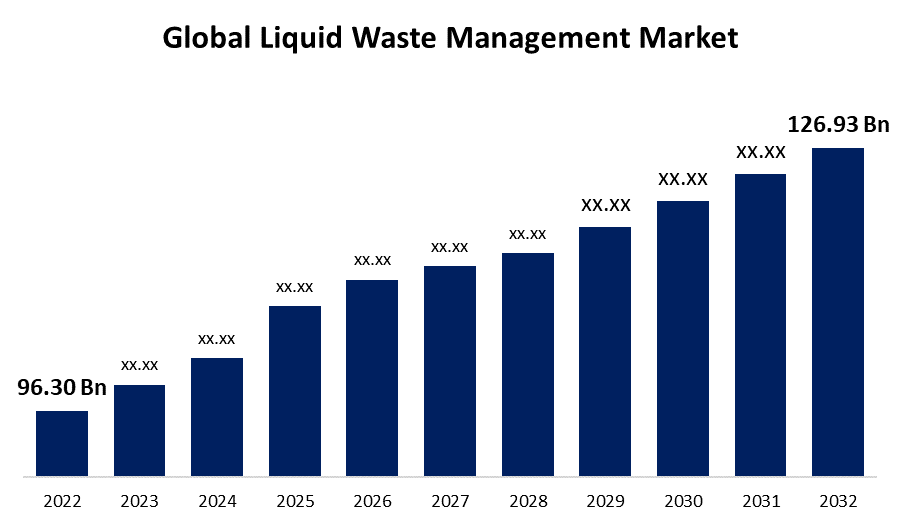Reliable Liquid Waste Disposal Melbourne: Safe and Effective Solutions
Reliable Liquid Waste Disposal Melbourne: Safe and Effective Solutions
Blog Article
Comprehending the Comprehensive Refine of Fluid Waste Disposal: Best Practices and Environmental Impact Factors To Consider
The monitoring of fluid garbage disposal is a diverse problem that needs an extensive understanding of numerous finest methods and their connected environmental effects. From the kinds of fluid waste produced to the approaches employed for collection, treatment, and final disposal, each action plays a crucial function in safeguarding communities and public health. As governing standards evolve and technology breakthroughs, the discussion around these procedures ends up being progressively relevant. What ramifications do these modifications hold for future sustainability efforts, and just how can stakeholders make certain that they are properly resolved?
Kinds of Fluid Waste
Recognizing the numerous types of liquid waste is important for efficient monitoring and disposal practices. Liquid waste can be generally categorized into numerous kinds, each calling for special handling and therapy methods.
Industrial liquid waste usually includes unsafe materials, consisting of heavy metals, solvents, and chemicals, created throughout manufacturing processes. These wastes require rigorous governing conformity to secure human health and the environment. Domestic liquid waste primarily describes wastewater generated from houses, consisting of sewer and greywater, which, although much less hazardous, can still pose considerable threats if poorly handled.
Agricultural fluid waste, including drainage from ranches, frequently has plant foods and chemicals that can bring about ecological deterioration if not treated appropriately. Medical liquid waste, produced from health care facilities, includes polluted liquids such as physical fluids and chemicals, requiring specialized disposal techniques to avoid infection and ecological contamination.
Lastly, oil and oil waste, generally created by restaurants and automobile sectors, can create extreme obstructions in sewage system systems otherwise taken care of effectively. Recognizing these groups helps with targeted techniques for treatment, conformity with guidelines, and effective disposal methods, inevitably advertising environmental sustainability and public health security.

Collection Approaches
Reliable collection techniques are crucial for the proper management of fluid waste, guaranteeing that it is collected securely and successfully before therapy or disposal. Different methods are utilized relying on the sort of fluid waste created, the quantity, and the certain qualities of the waste.
One typical approach is using dedicated collection storage tanks or sumps, which are developed to record fluid waste at the source. These systems usually integrate pumps that assist in the transfer of waste to bigger storage containers or therapy facilities. Additionally, mobile collection systems equipped with vacuum modern technology are used in situations where waste is created intermittently or in hard-to-reach places.
For commercial settings, closed-loop systems can properly reduce leaks and spills, permitting the healing and reuse of fluid waste. It is additionally vital to train workers on correct collection protocols to reduce threats linked with hazardous substances.
Additionally, carrying out regular upkeep timetables for collection tools ensures ideal performance and security. The combination of innovative surveillance systems can improve collection efficiency by supplying real-time information on waste degrees and possible dangers. On the whole, reliable collection approaches are fundamental to lasting fluid waste management techniques.
Therapy Processes
Treatment processes play a crucial duty in the management of liquid waste, changing possibly dangerous products into multiple-use sources or secure effluents - liquid waste disposal. These procedures can be extensively classified right into physical, chemical, and organic approaches, each customized to address certain pollutants present in the waste stream
Physical treatment methods, such as sedimentation and purification, work by getting rid of suspended solids and particulate issue. These methods are often the primary step in the treatment chain, successfully minimizing the tons on subsequent procedures. Chemical therapies entail making use of reagents to counteract hazardous substances, speed up heavy metals, or oxidize organic toxins, thereby boosting the security of the effluent.
Organic treatment procedures, including turned on sludge systems and anaerobic digestion, utilize on the natural capacities of bacteria to break down raw material. These approaches are particularly reliable for wastewater containing biodegradable toxins. Advanced treatment modern technologies, such as membrane filtering and progressed oxidation procedures, are progressively used to achieve higher levels of filtration.
Incorporating a combination of these therapy approaches not just makes sure conformity with regulatory requirements yet additionally promotes ecological sustainability by recouping valuable resources from fluid waste.
Disposal Options
Exactly how can organizations make sure the liable and secure disposal of liquid waste? Efficient disposal options are critical for protecting public health and wellness and the atmosphere. The main techniques consist of land disposal, treatment, and incineration followed by discharge into local wastewater systems.
Land disposal includes the cautious control of liquid waste in designated landfills, guaranteeing that it does not leach into bordering find this soil or water. Incineration, on the other hand, subjects liquid waste to high temperature levels, converting it into ash and gases, which require proper filtration to reduce discharges. This method appropriates for hazardous wastes that can not be dealt with via traditional means.
In situations where fluid waste can be treated, organizations might go with organic or chemical therapy processes to reduce the effects of harmful elements before releasing the dealt with effluent into metropolitan systems. This path generally aligns with governing needs, guaranteeing that the effluent meets safety and security standards.
Inevitably, organizations should carry out complete analyses of each disposal choice to determine its stability, thinking about aspects such as waste make-up, regulative compliance, and prospective risks to health and the environment. By selecting appropriate disposal techniques, services can contribute to a liable waste management strategy.
Ecological Impact
The environmental impact of liquid waste disposal is an essential factor to consider for companies seeking to decrease their eco-friendly footprint. Additionally, the discharge of neglected or improperly dealt with waste right into surface area waters can result in eutrophication, leading to oxygen deficiency and the succeeding death of fish and other microorganisms.

To alleviate these effects, organizations have to embrace ideal methods such as carrying out rigorous waste treatment processes, promoting recycling and reuse, and adhering to regulative requirements. By taking an aggressive approach to liquid waste management, entities can dramatically lower their ecological footprint while sustaining lasting development objectives. Ultimately, a detailed understanding of the ecological impacts connected with liquid waste disposal is important for educated decision-making and responsible stewardship of natural deposits.
Final Thought
Effective monitoring of fluid waste is important for securing environmental honesty and public wellness. Inevitably, a detailed understanding of liquid waste disposal not only alleviates ecological impacts but also cultivates a commitment to accountable source management and environmental stewardship.
The management of liquid waste disposal is a diverse issue that requires a comprehensive understanding of numerous finest practices and their associated environmental impacts. From the kinds of fluid waste i was reading this produced to the methods used for visit this website collection, treatment, and final disposal, each action plays an important role in protecting ecosystems and public wellness.The ecological impact of liquid waste disposal is a crucial factor to consider for organizations seeking to decrease their ecological impact. Inevitably, a detailed understanding of the environmental influences linked with fluid waste disposal is essential for informed decision-making and liable stewardship of natural resources.
Ultimately, an extensive understanding of liquid waste disposal not only mitigates environmental impacts yet also cultivates a dedication to responsible resource monitoring and environmental stewardship.
Report this page